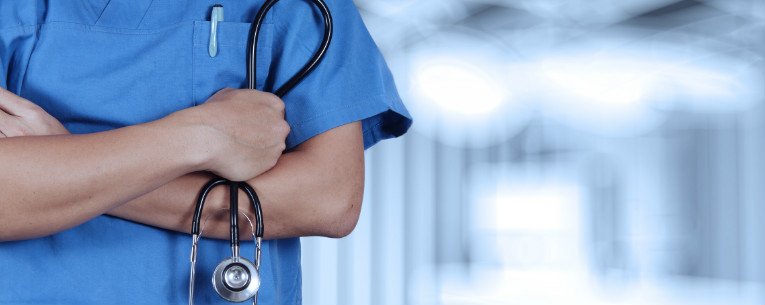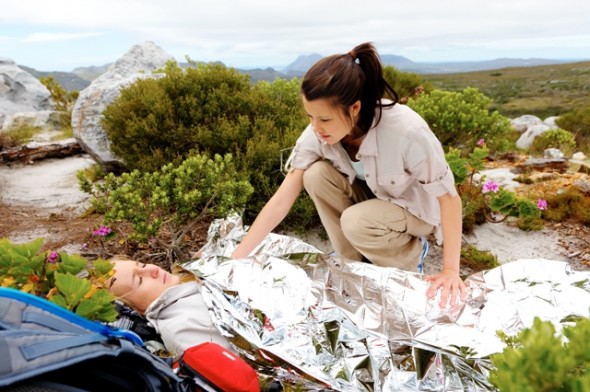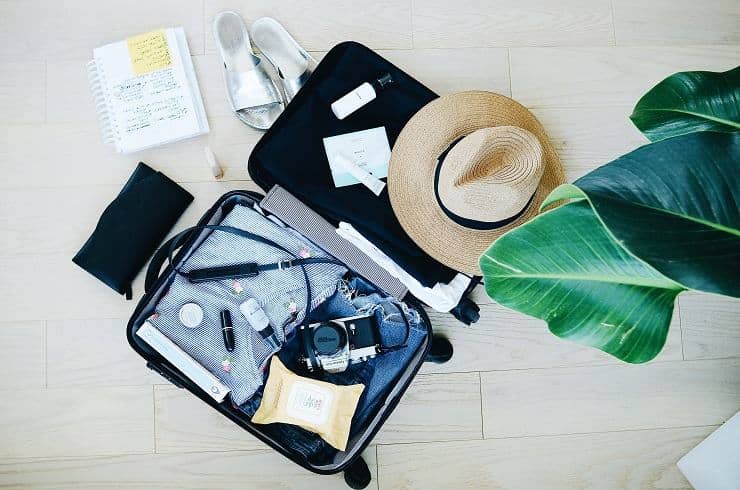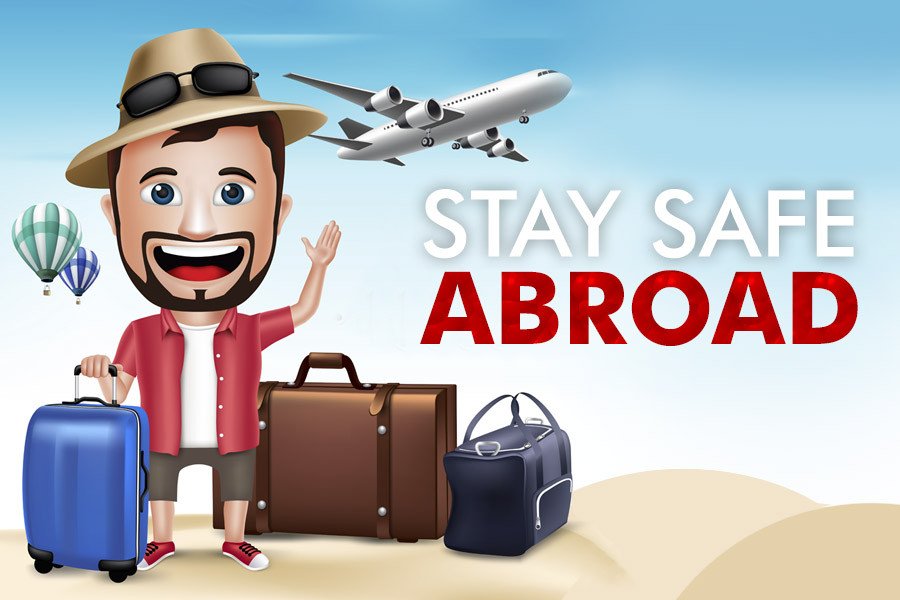Medical emergencies can happen anytime, whether you’re on vacation, on a business trip, or backpacking in remote locations. The key to staying safe is being prepared and knowing how to act quickly and efficiently. Here’s what you need to do if you face a medical emergency while traveling.
Stay Calm and Assess the Situation
In any medical emergency, staying calm is the first and most important step. Panic can cloud your judgment and make it harder to think clearly. Take a few deep breaths, assess the situation, and evaluate the severity of the emergency. Is the person conscious? Are they breathing? Is there any heavy bleeding or obvious injuries?
Understanding the situation allows you to act with confidence and make the right decisions quickly. In some cases, you may just need to provide basic first aid, while in others, professional medical help will be necessary.
Know the Local Emergency Numbers
Before traveling, make sure you know the local emergency numbers for medical help, fire, or police. Emergency services vary from country to country, so take a moment to research the appropriate numbers for your destination.
In some countries, the emergency number may be different from what you’re used to. For example, in the U.S., it’s 911, but in Europe, it’s often 112. Make sure to keep this information on hand in case you need it during an emergency.

Contact Your Travel Insurance Provider
Travel insurance can be a lifesaver during a medical emergency abroad. Most travel insurance policies offer coverage for emergency medical care, hospital stays, and medical evacuation if necessary. As soon as you’re in a medical emergency, call your insurance provider to get guidance on the next steps.
Many insurance companies have 24/7 helplines to assist you in emergencies. They can help you find the nearest medical facility and provide advice on what to do. Make sure to carry your insurance details with you during your travels, including the policy number, contact information, and coverage details.
Seek Professional Medical Help
If the situation requires medical attention, don’t hesitate to seek professional help immediately. Look for nearby hospitals, clinics, or medical centers, and go there as soon as possible. If you’re unsure where the nearest facility is, contact your accommodation or a local guide for recommendations.
In many countries, you can find international hospitals or clinics with English-speaking staff, which can be especially helpful if you don’t speak the local language. If you’re in a remote location, you may need to call an ambulance or get help from local authorities.
Have a First Aid Kit
When traveling, it’s always a good idea to have a basic first aid kit on hand. Even if you’re in a location with easy access to medical care, having essential supplies can help you handle small injuries or conditions before professional care is available. A basic first aid kit should include:
-
Bandages, gauze, and adhesive tape
-
Pain relievers (e.g., ibuprofen or aspirin)
-
Antiseptic wipes or cream
-
Thermometer
-
Tweezers for removing splinters
-
Any prescription medications you take regularly
If you’re traveling to a destination with a higher risk of certain health issues, like tropical diseases, make sure to bring any recommended vaccinations or preventative medications.
Understand Local Healthcare Standards
Healthcare standards vary around the world. In some countries, healthcare facilities may be world-class, while in others, you might find more basic or limited services. Before traveling, it’s a good idea to do some research on the healthcare system of your destination.
If you’re visiting a developing country, you may want to bring extra supplies of prescription medications or medical devices. It’s also a good idea to check whether the country has access to certain treatments or medications you may need.
If you’re traveling to a destination where healthcare may not be up to the standards you’re accustomed to, you might want to look into getting a medical evacuation service as part of your travel insurance.
Carry Important Medical Information
When traveling, always carry a list of your important medical information. This should include:
-
Any chronic medical conditions you have
-
Medications you’re currently taking
-
Allergies, especially to food or medication
-
Blood type (if known)
-
Contact information for your doctor at home
-
Emergency contacts
Having this information readily available will help medical professionals treat you quickly and accurately if necessary. You can store this info in your wallet, on your phone, or in a small, easily accessible card.
Stay Hydrated and Eat Well
Maintaining good health while traveling is key to avoiding emergencies. Drink plenty of water, especially when traveling to hot climates or engaging in physical activities. Dehydration can cause a range of health problems, from fatigue to heatstroke.
Eating a balanced diet will also help keep your energy levels high and prevent illnesses like stomach upset or fatigue. Avoid food and water from questionable sources, and take extra precautions to prevent foodborne illnesses, especially in countries with different hygiene standards.
Avoid Risky Activities Without Proper Preparation
If you plan to participate in adventure activities, such as hiking, skiing, scuba diving, or zip-lining, make sure you’re properly prepared. Ensure you have the right gear, understand the safety guidelines, and consider taking a lesson or guide if you’re new to the activity.
Always research the activity and make sure you know the risks before attempting it. In some cases, you may need special insurance that covers high-risk activities. Don’t take unnecessary risks, and listen to your guide or instructor at all times.
Follow the Local Health Guidelines
While traveling during a pandemic or in areas with high health risks, always follow local health and safety guidelines. These might include wearing masks, practicing social distancing, or avoiding certain areas known to have outbreaks of diseases.
If you’re traveling to regions with known health risks (such as malaria, dengue fever, or Zika virus), take the necessary precautions, such as taking malaria medication or using insect repellent to avoid mosquito bites.
Know How to Handle a Medical Evacuation
In extreme cases, you may need a medical evacuation to get the necessary treatment. If you’re in a remote area or in a country with limited healthcare options, your travel insurance may cover the cost of airlifting you to a nearby country with better medical facilities.
Make sure your insurance plan includes medical evacuation coverage, which can be a crucial part of your safety net while traveling. Your insurance provider can help arrange for transportation to the nearest suitable hospital.
Conclusion
Medical emergencies can happen to anyone while traveling, but by being prepared and knowing what to do, you can handle them with confidence. Stay calm, seek professional help when needed, and make sure to carry essential medical information and supplies. Research your destination’s healthcare system, follow local guidelines, and always have travel insurance for peace of mind. With these tips, you’ll be ready to handle any medical emergency that comes your way while traveling.
Stay safe and healthy, and enjoy your travels!










